Articles

Smart Cities: Urban Sustainability at the Forefront
29 de April de 2024
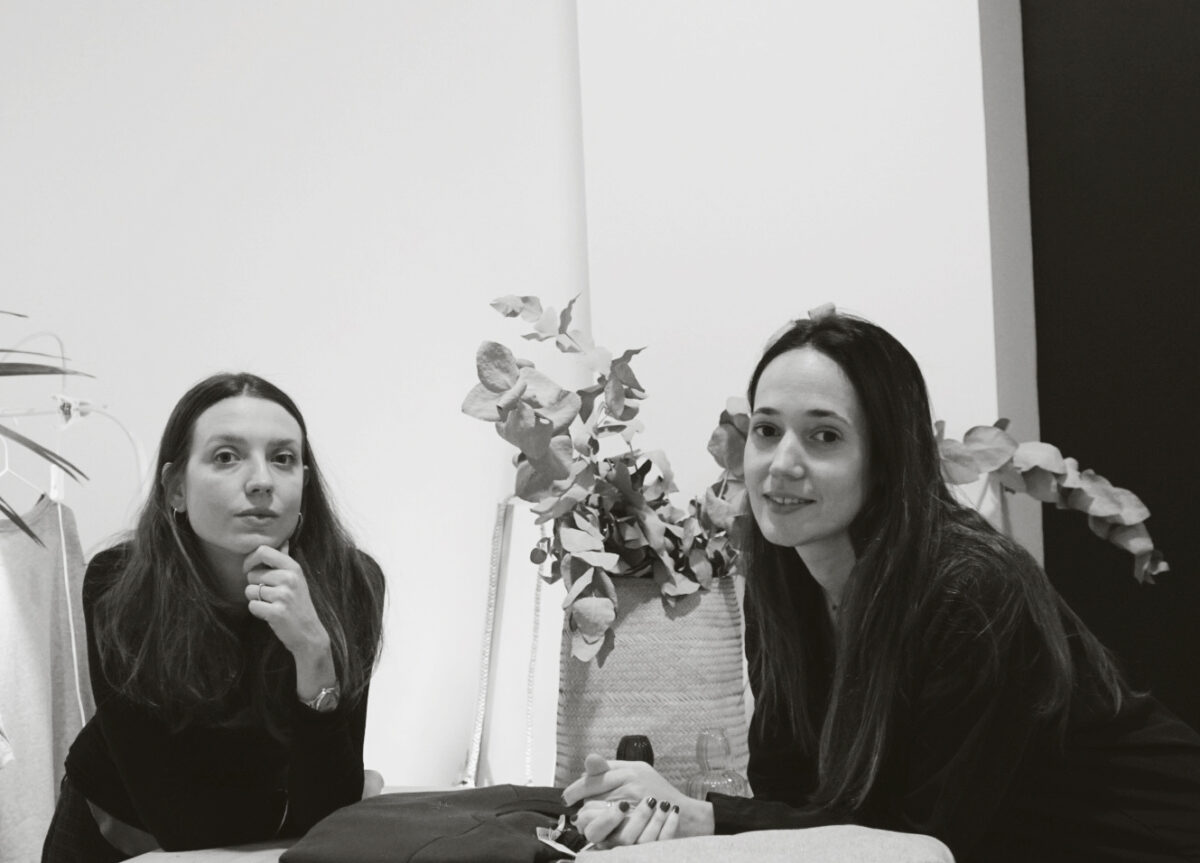
It takes 2,700 liters of water to produce a single cotton t-shirt. Less than 1% of clothing is recycled into new garments. 87% is either incinerated or dumped into landfills. But, innovation is in the air. Fresh ideas seek to reverse these numbers and promote a new social impact for a more sustainable world. This is the story of BCome, a project that was founded by two women, winners of the last edition of EAE Impact Awards and who are ranked among EAE Barcelona’s Top 10 Women Entrepreneurs of Catalunya. Meet Anna Cañadell and Alba García.
“This idea wouldn’t even exist if we hadn’t experienced the industry firsthand and seen everything that goes on behind the scenes.” That’s how Alba García, a sustainable fashion expert, sums up why she decided to team up with her colleague and start their own business. After working for industry giants like Inditex and witnessing the day-to-day reality of textile factories in Asia, García and Cañadell felt a strong need to be the driving force of change. “We realized there was a very opaque supply chain that didn’t allow us to see the whole process. We knew we had to help big companies and suppliers transform their products into something more sustainable,” adds García.
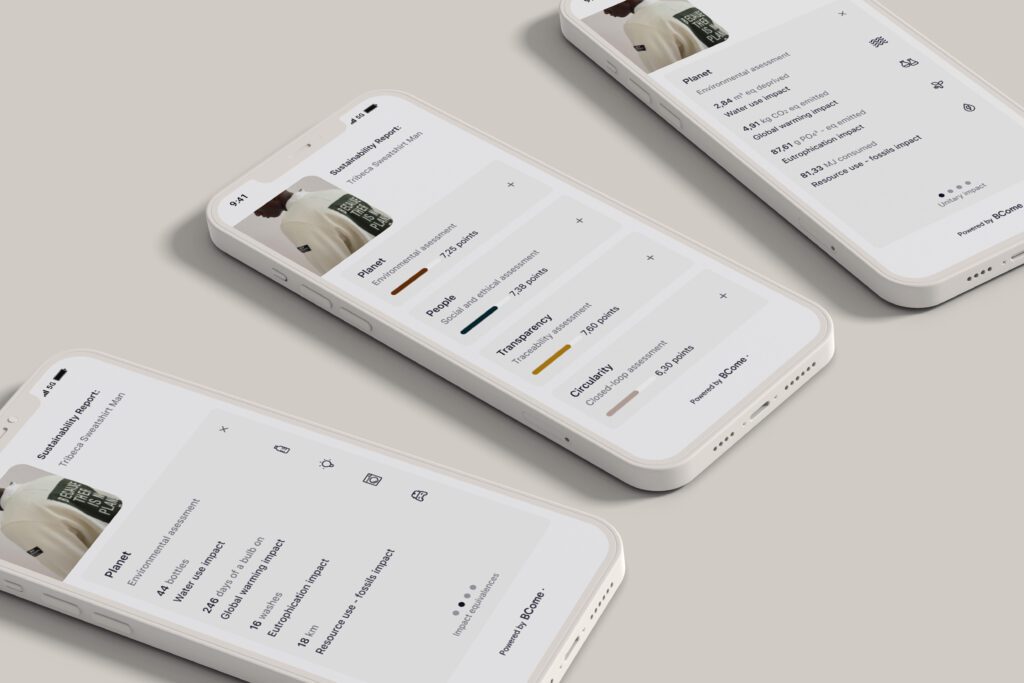
On top of that, there was a lack of awareness from companies when it came to circularity. This applies not only to large firms but also to consumers themselves, who are largely unaware of how their clothing is made or its traceability. All of these reasons drove the two partners to create BCome, a platform that promotes the transformation of the textile sector through the use of data. However, during the process, both founders decided to go even further and open a consultancy to bring sustainable products from Asian suppliers to European brands.
“We realized that workers at these brands struggled to identify the environmental and social benefits of a product. They would tell us they were sustainable, but couldn’t explain why.” And that still remains one of their biggest challenges: educating brands and the public about sustainability using simple and engaging language.
BCome is a software that allows the textile industry to track, measure, evaluate, and interpret the environmental impact of an article of clothing. It is divided into four main aspects: environmental, social, transparency and circularity — all of which are used for the evaluation of the practices associated with each product. It may seem complicated, but CEO Alba García explains it in simple words:
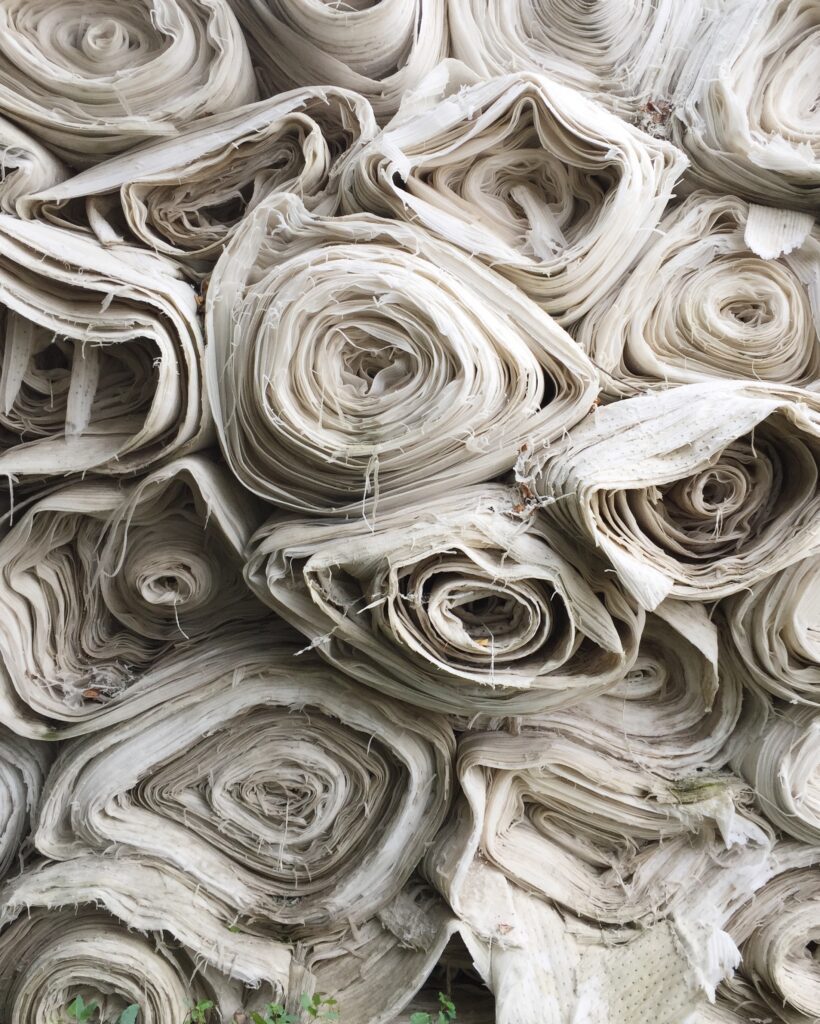
The goal is for these companies to have information and be able to make decisions based on tangible and, above all, understandable data. “For example, this transparent system helps them identify which supplier has a higher score or which material has a higher impact on water or CO2, and they can synthesize all this information so that the final consumer understands it,” adds García.
Thanks to its extensive database, the program cross-references the information provided by each brand to extract the Life Cycle Assessment (LCA) analysis, which helps calculate the carbon and water footprint and all the waste that an article of clothing is capable of generating. “We don’t evaluate brands. We evaluate each of their products. A pair of jeans is not the same as a t-shirt. Through a QR code, we synthesize all the information from the product label so that it reaches the end customer with just one click. Our main mission is to encourage brands to be more transparent and publish their data. Wanting to do it is already a very big commitment,” expressed García.
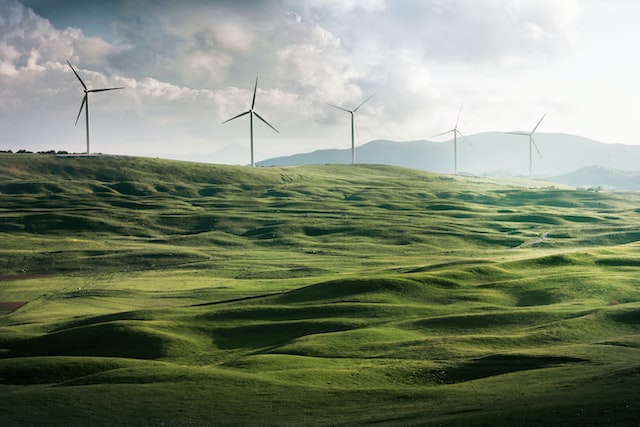
It focuses on the sustainable management of companies and organizations aware of the environmental and social impacts that surround their activities and society in general.
Request info
According to both directors, there is no future without sustainability, although there are still certain nuances. “It’s impossible to be 100% sustainable. But either we try to activate it to the fullest or, as time goes on, businesses will face greater challenges staying afloat in this macroeconomic landscape. For me, the most important thing is to be aware: to know what you produce and how you produce it. And this applies not only to brands but also to consumers. We have to be aware of the amount of water that was used for the t-shirts we wear.”
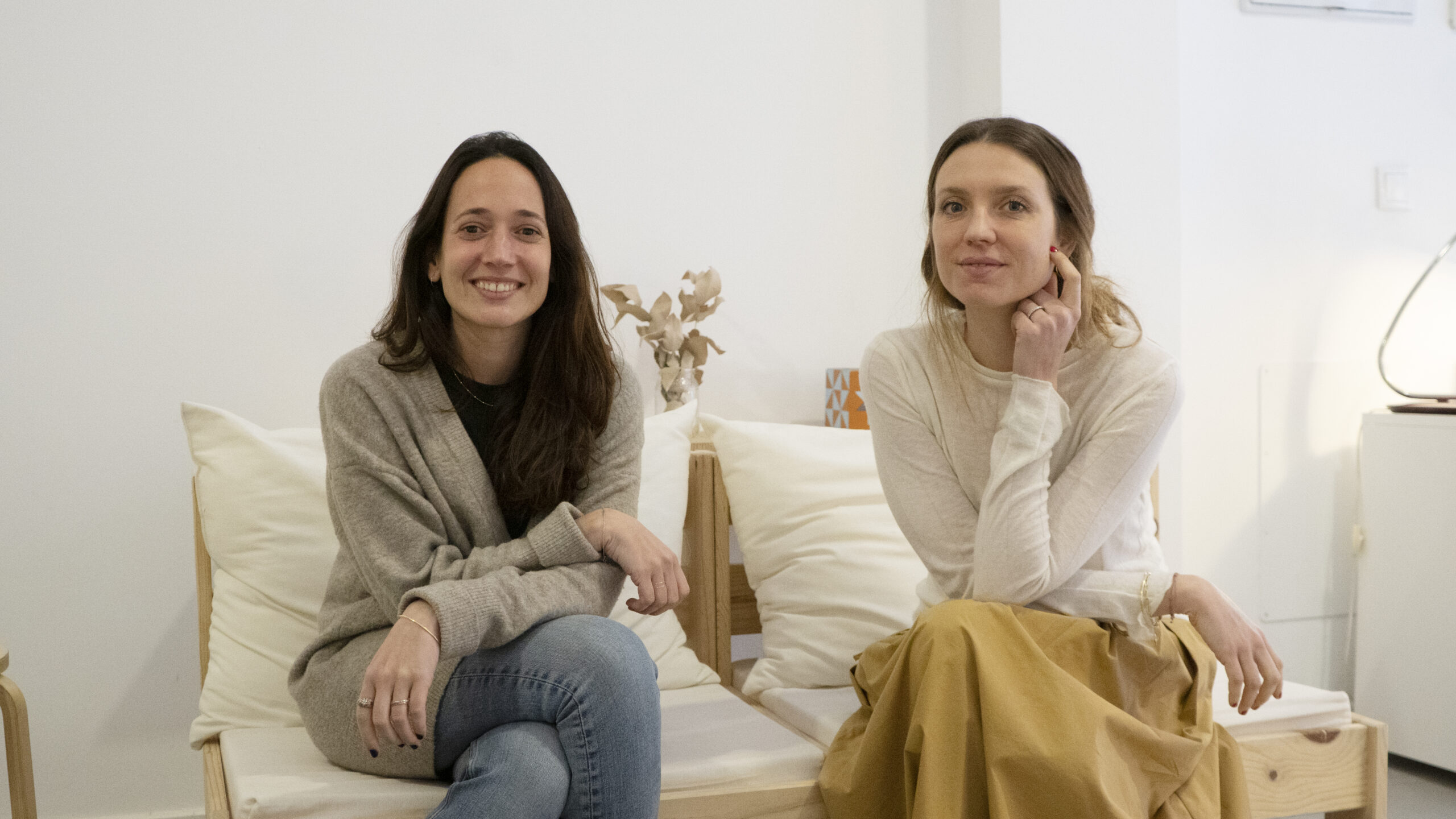
In the textile industry, which is one of the most polluting industries on the planet alongside the oil industry, there will hardly be any alternatives from now on. The European legislative framework will require the implementation of specific legal provisions to respond to all the challenges faced by the sector and the consequences of its entire activity. It’s estimated that by 2030, all textile products marketed in the EU will be durable and recyclable, made from recycled fibers, free of toxic substances and produced with respect for social and planetary rights.
Thanks to Alba and Anna for working to improve the industry and for betting on sustainability!